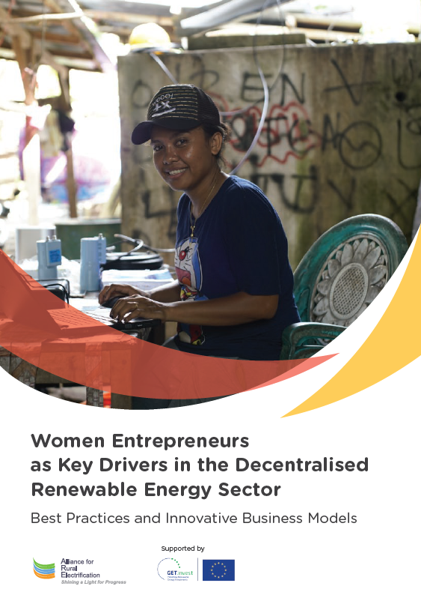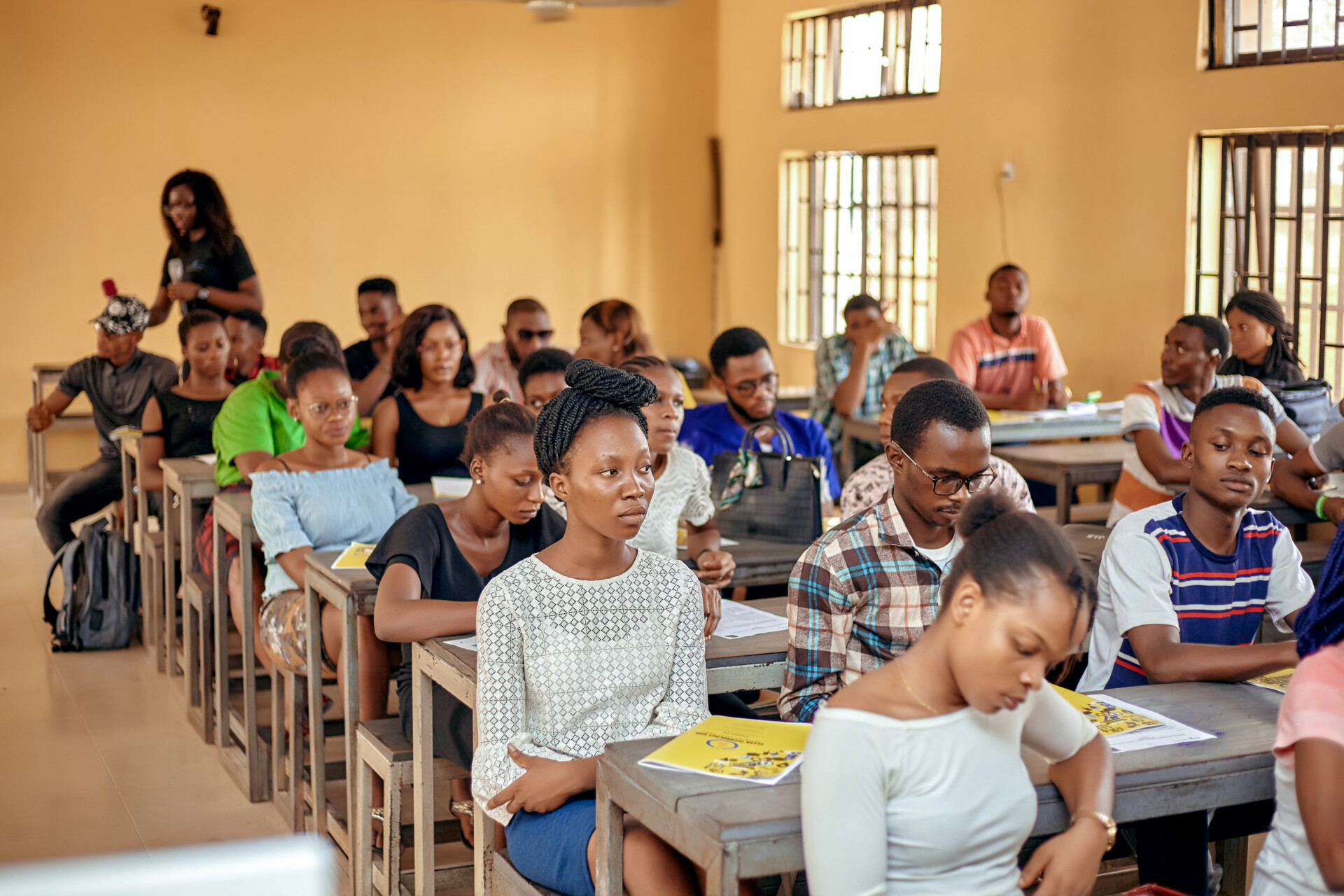Biraj Gautam and Rabin Shrestha share their lessons from the latest visits to the micro hydro power sites in Jumla and Baglung.
Gender equality, sustainable development and energy access
Female entrepreneurs and practitioners have long been under-represented in the sustainable energy sector. Empowering more women to actively participate in the sector unleashes talent, helps to build resilient, sustainable and inclusive societies, and promotes gender equality. In light of this, the Alliance for Rural Electrification has recently launched a rich knowledge resource on best practices and stories of female empowerment in the sustainable energy sector. A case study from our partner network, HPNET, is featured among the examples of best practice in the field. Link to the report
The case study reviews the experiences of the micro-hydro (MHP) system built in the Pinthali village in Nepal over 20 years ago. The project took gender mainstreaming activities into account from the planning stage and these proved essential for including local women in the decision-making processes. The project also monitored the effects of the MHP on women in the village, including changes in daily activities, health impacts and increased household incomes.
Based on this and other experiences, ARE has produced recommendations for action at three levels (organisational, community and investor), which include:
- Community level: to inform every stage of energy access project design with data on local gender dynamics.
- Organisational level: to integrate gender mainstreaming into company business models and organisations’ programmes, and to develop a Gender Action Plan with clear objectives to guide the process.
- Investor level: to make a stronger case for gender-lens investment, and to provide financial incentives to investees with good gender practices and female empowerment programmes.


